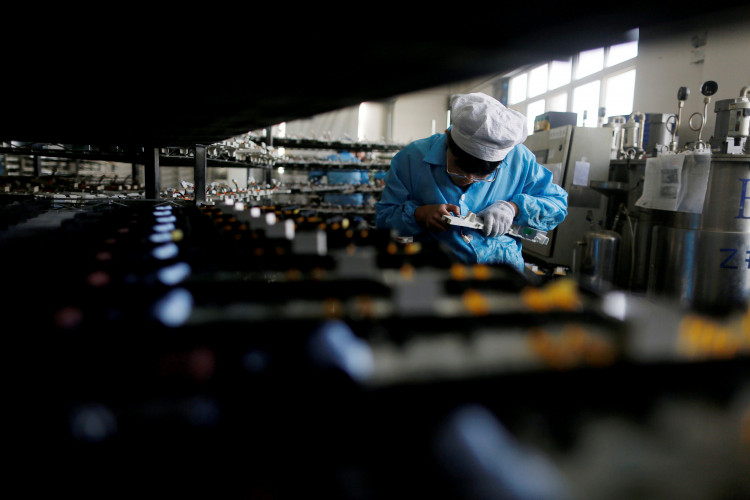A recent report published by Caixin and IHS Market revealed that China's Purchasing Managers' Index for the month of October have beaten what many analysts have expected. It also gives a view of how Chinese factory activity remained positive for the month of October despite the country's ongoing trade dispute with the United States.
The Caixin and IHS report showed that China's October Purchasing Managers' Index reached 50.1, beating many analysts' expectations of around 49.9. A reading about 50 means that the country's market is experiencing an expansion, while a reading below that signals market contraction.
Based on this results, it would appear that China's manufacturing industry is still performing quite well despite the trade war against the United States which many believe will seriously affect that Asian superpower's economy. However, a detailed study of the report also reveals one compelling fact and that China's economy is showing signs of slowing down.
In a press release from CEBM director of macroeconomic analysis, Zhengsheng Zhong stated that the Asian's superpower's economy "has not seen obvious improvement." CEBM Group is a subsidiary of Caixin.
China's official Purchasing Managers' Index for October is 50.2. The country's official PMI in September was 50.8. Based on this data alone, it would appear that while China's manufacturing sector continues to expand, it is somewhat cooling down albeit on a smaller scale than what many have originally expected.
Market analysts are still wary though. Despite showing positive signs of growth, the threat of the trade war is still something that should be seriously put into consideration as the United States continue to issue trade tariffs and has stated that it will impose more within the coming months.
UBS Investment Bank head of China economic research Wang Tao said that China's manufacturing PMI will most likely drop below the 50 point margin in November and December as manufacturers will start to feel the first effects of the trade tariffs from the United States.
In order to offset the effects of the trade war, China has recently loosened up its market and trade regulations in order to attract foreign businesses and investors. Many analysts believe that as the trade war progresses, China will continually open up its trade borders. The most compelling of this strategy is the fact that China is slated to host an import expo in Shanghai next week. Among those confirmed to participate in the expo are large American brands like Ford, Apple, Google, and Facebook.





